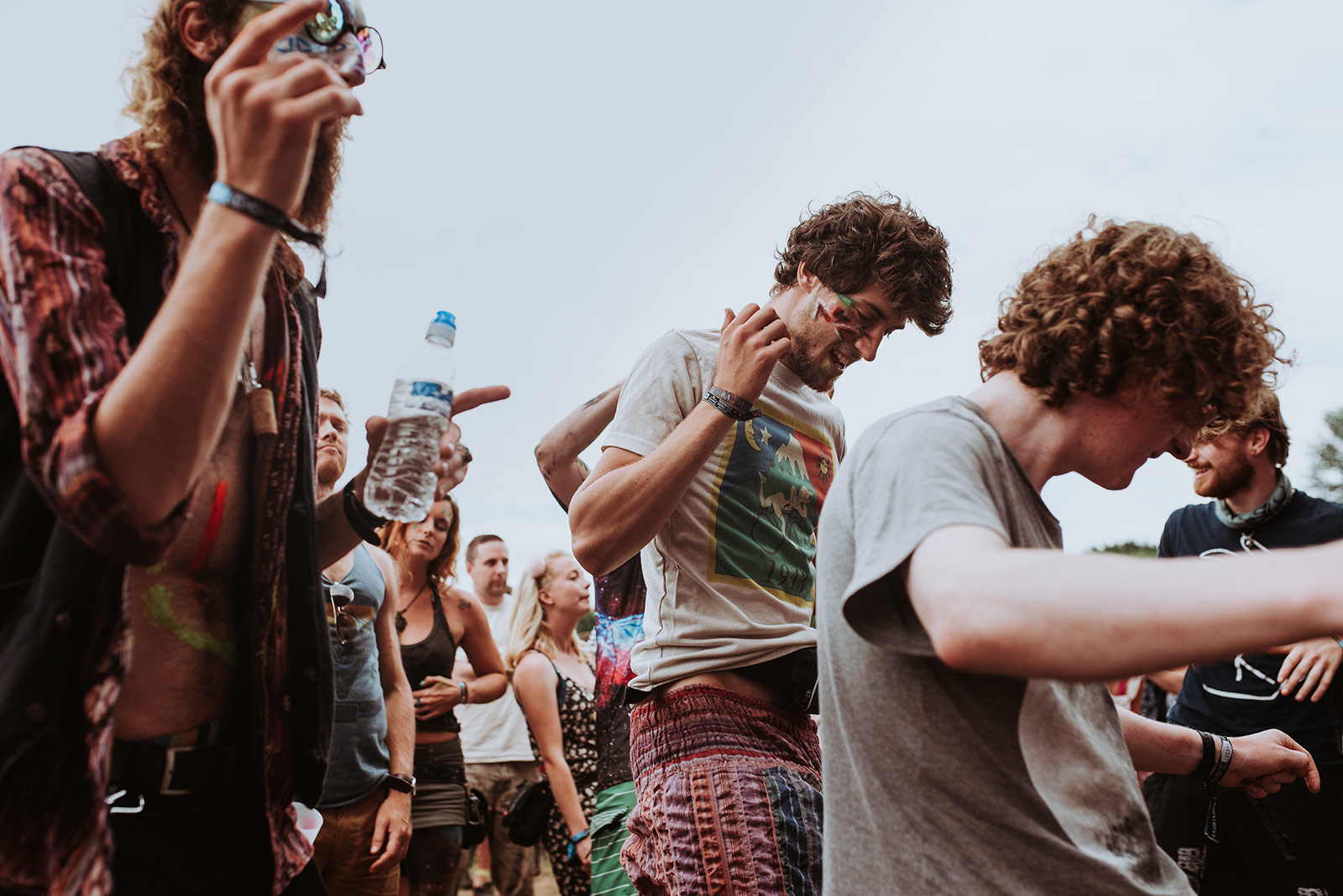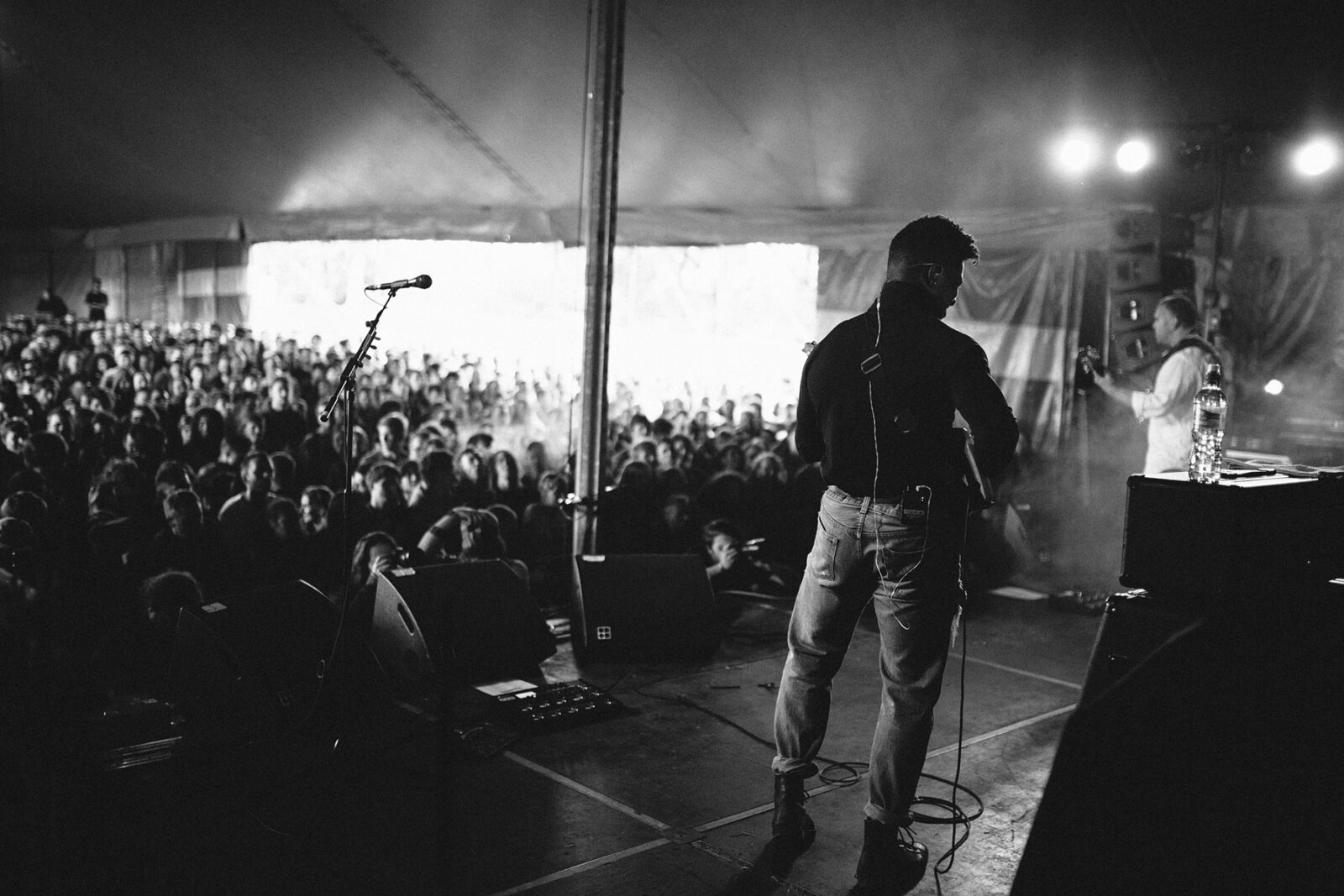Rwanda
Rwanda Safaris, Holiday Trip Ideas
A Rwanda safari is unlike any other in Africa. This small yet stunningly beautiful country offers one of the most powerful and intimate wildlife experiences on Earth—mountain gorilla trekking in the misty forests of Volcanoes National Park. But there is far more to Rwanda than its famed primates. From savannah safaris in Akagera National Park to chimpanzee tracking in Nyungwe Forest, Rwanda is quickly becoming one of East Africa’s most rewarding and emotionally resonant safari destinations.
Let this guide walk you through Rwanda’s extraordinary safari experiences, where to go, when to travel, and what makes this country’s wilderness both quietly powerful and profoundly unforgettable.
Rwanda Safaris: The Land of a Thousand Hills and Hidden Wonders
Why Choose a Safari in Rwanda?
Rwanda offers a safari experience that feels deeply personal. It is a country that has risen from its history with resilience and grace, transforming itself into a leader in conservation and sustainable tourism. The country’s compact size means you can move quickly between different ecosystems—from tropical mountain rainforests to open savannah plains—all within a few hours’ drive.
Yet what truly defines a safari in Rwanda is quality over quantity. You may not see vast herds of animals as in Kenya or Tanzania, but the intimacy of the experiences, the pristine beauty of the landscapes, and the emotional impact of standing face-to-face with a gorilla in the wild make it one of the most life-changing wildlife journeys available.
Best Destinations to Experience the Best Rwanda Safari
Volcanoes National Park: The Realm of Mountain Gorillas
Rwanda’s crown jewel is Volcanoes National Park, a dramatic, mist-shrouded forest home to one-third of the world’s remaining mountain gorillas. Trekking to see these gentle giants is a rare privilege—raw, emotional, and unforgettable. The journey through bamboo-covered hills, past waterfalls and over volcanic terrain, culminates in a quiet, heart-stopping moment when you find yourself mere meters from a gorilla family. Watching a silverback protectively watch over his group or seeing a curious infant mimic your movements is something that stays with you forever.
Gorilla trekking is tightly regulated to protect the animals and preserve the environment, which means only a limited number of permits are issued per day, and only one hour is allowed with each gorilla group. But that one hour is often described by travelers as the most powerful of their lives.
Nyungwe Forest: Chimpanzees and Tropical Canopy Adventures
In the southwest of the country lies Nyungwe Forest National Park, a rich, ancient rainforest home to chimpanzees, colobus monkeys, and over 300 bird species. Chimpanzee tracking here is thrilling—the forest bursts to life with sound and movement as you follow the echoes of calls and rustling leaves to find these intelligent, fast-moving primates.
Nyungwe also offers Africa’s longest canopy walkway, suspended high above the forest floor. Walking across this swaying bridge surrounded by treetops and mist feels like stepping into a dream—a blend of adventure, beauty, and surreal serenity.
Akagera National Park: Rwanda’s Big Game Comeback
For those craving a classic African safari with lions, elephants, giraffes, and hippos, Akagera National Park in the east is where Rwanda’s commitment to conservation truly shines. Once nearly devoid of wildlife, this park has seen a dramatic revival, with the Big Five now present once again.
Guided game drives here offer a chance to explore a rich mix of savannah, wetlands, and lakes. You can spot elephants, buffalo, zebras, giraffes, and even lions and rhinos, which have been reintroduced with careful planning and protection. Boat safaris on Lake Ihema allow you to observe hippos and crocodiles up close, along with a profusion of birdlife.
What sets Akagera apart is its tranquility. Unlike the more crowded parks in other countries, safaris here feel quiet and exclusive—wildlife viewing at your own pace, with the soft African light casting golden hues over the landscape.
Best Time to Visit Rwanda for Safari
Rwanda can be visited year-round, but the dry seasons—from June to September and December to February—are generally considered the best for gorilla trekking and wildlife viewing. Trails are less muddy, visibility is clearer, and animal sightings tend to be more frequent.
If you prefer lush scenery and fewer tourists, the green season (March to May and October to November) brings heavier rains but offers vibrant landscapes and is a favorite for birdwatchers. However, gorilla trekking during these months can be more physically challenging due to slippery trails.
Gorilla Permits and Safari Costs
A gorilla trekking permit in Rwanda costs $1,500 USD per person, a price that reflects the extraordinary care taken to protect the species and support local communities. Though expensive, this fee includes expert guides, trackers, park rangers, and contributes directly to conservation efforts and the livelihoods of people living around the park.
Safari prices in Rwanda range from moderate to luxury. You can find high-end lodges with dramatic views of the volcanoes, or eco-conscious accommodations near the forest edges that offer comfortable stays with a lower environmental footprint. Many travelers choose tailored safari packages that combine gorilla trekking, chimpanzee tracking, and savannah game drives.
Culture and Conservation: The Soul of Rwandan Safaris
Beyond its wildlife, Rwanda’s strength lies in its people. Engaging with local communities—through cultural tours, village visits, and storytelling sessions—brings depth and humanity to your safari. Rwanda has positioned itself as one of Africa’s cleanest, safest, and most welcoming countries, with a deep respect for nature and sustainability.
The Rwandan model of community-based tourism ensures that conservation benefits everyone—from protecting gorillas to empowering local women and youth through employment and education.





